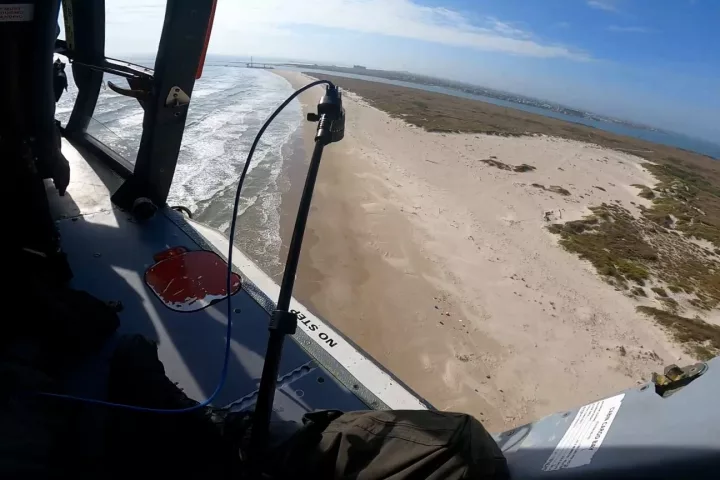Oregon State University
-
How you cope in a crisis and then move on from it may have less to do with your learned life skills and instead be shaped by your base personality. A new study has found the key traits that make some people experts in 'turning lemons into lemonade.'
-
Despite evidence that indicates we're now living beneath unprecedented levels of atmospheric greenhouse gases, a lack of historical records has meant we've had little to compare it to. So scientists decided to consult the planet's own record books.
-
When vineyards are exposed to wildfire smoke, the grapes may absorb compounds which end up detracting from the flavor of the wine. A spray-on coating could help, however, keeping wines from being described as possessing "a hint of burning forest."
-
Great news for 80 million (and growing) green thumbs across the country: The USDA has finally released an updated Plant Hardiness Zone Map, its first in 11 years. It highlights both tech advancements and how a warming planet is impacting our gardens.
-
Researchers have identified 27 feedback loops demonstrating how one effect of climbing temperatures leads to events that further reinforce global warming and the initial event itself. The findings make immediate climate action even more crucial.
-
Earlier this month, Ella, a three-year-old potbelly pig, entered into a surgical procedure at Oregon State University (OSU). Simultaneously, she entered the record books as the first pig to ever have undergone the complete removal of an ear canal.
-
While prehistoric insects encased in amber certainly are fascinating, they usually don't look all that different from today's insects. A newly discovered one, however, is so bizarre that it has been placed in its own unique family.
-
A new study has shone a light on the impacts on the aquatic environment of tire wear particles, which the authors say can have detrimental effects on marine species, including growth abnormalities and death.
-
Marine debris is a huge problem, both when it's floating at sea and when it gets washed up on the shore. In order to locate the latter for removal, scientists are developing AI-enabled drones which will spot human-made beach trash from the air.
-
A new study from Oregon State University proposes mRNA-induced production of a specific protein may prevent melanoma, while mRNA pioneer BioNTech is already up to Phase 2 human trials for its unique skin cancer vaccine.
-
Two-legged robot Cassie has recently developed an ability to run, something its developers have now shown off by having it complete what they say is the first 5-km (3.1-mi) jog by a bipedal robot.
-
One of nature’s most intriguing horror stories is that of the fungus that “zombifies” ants to spread its spores. Now, researchers have discovered the oldest known example of this kind of parasite at work, preserved in ancient amber.
Load More











